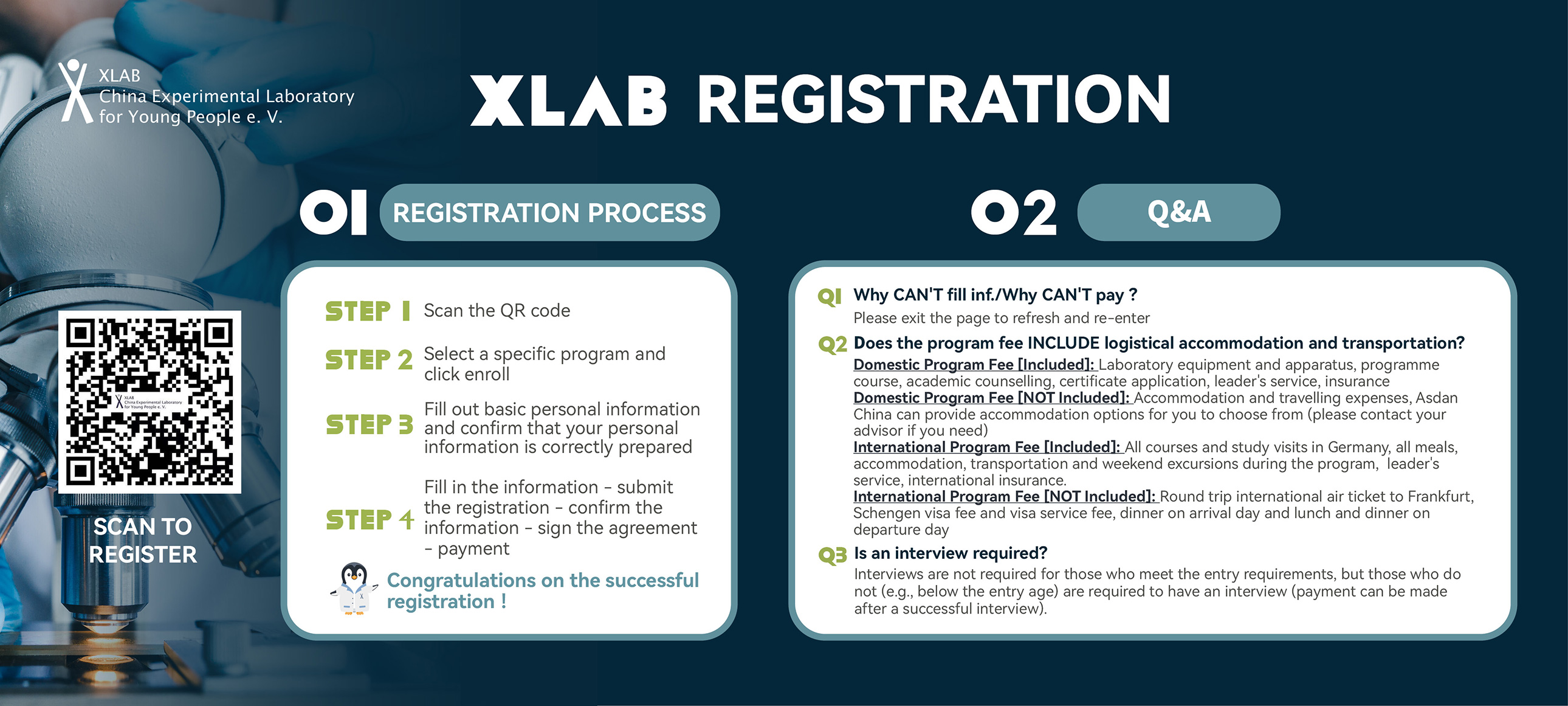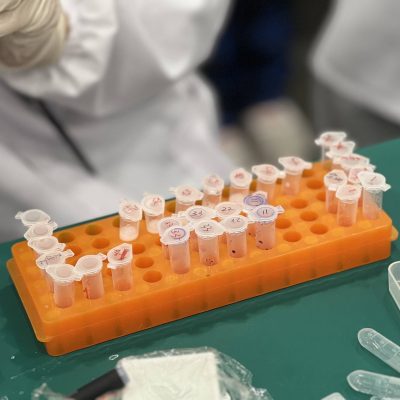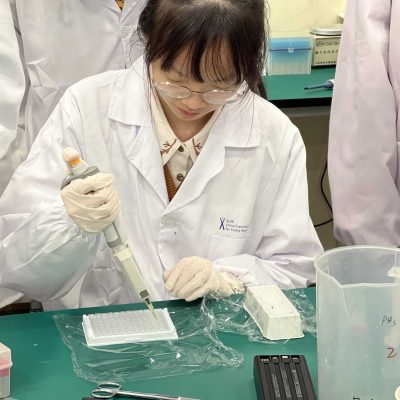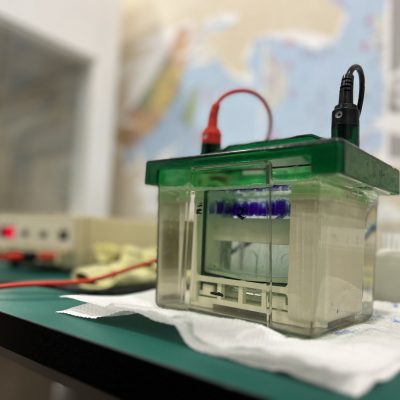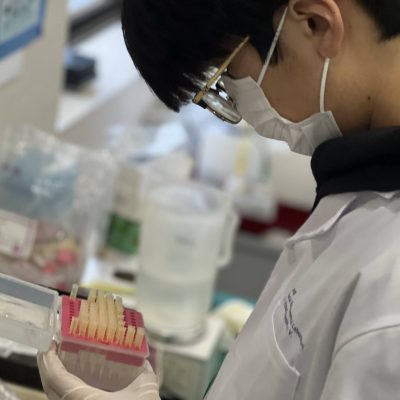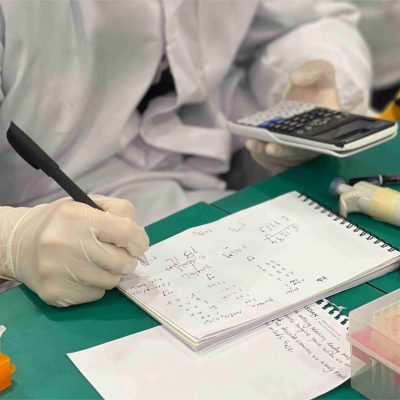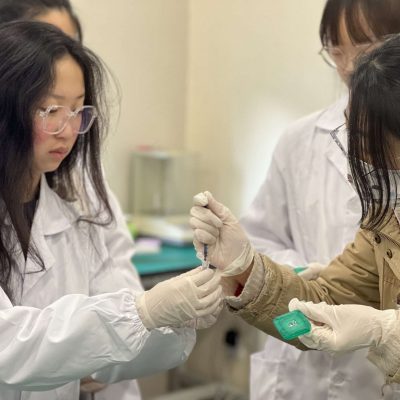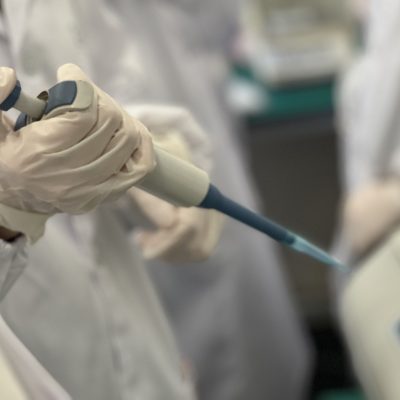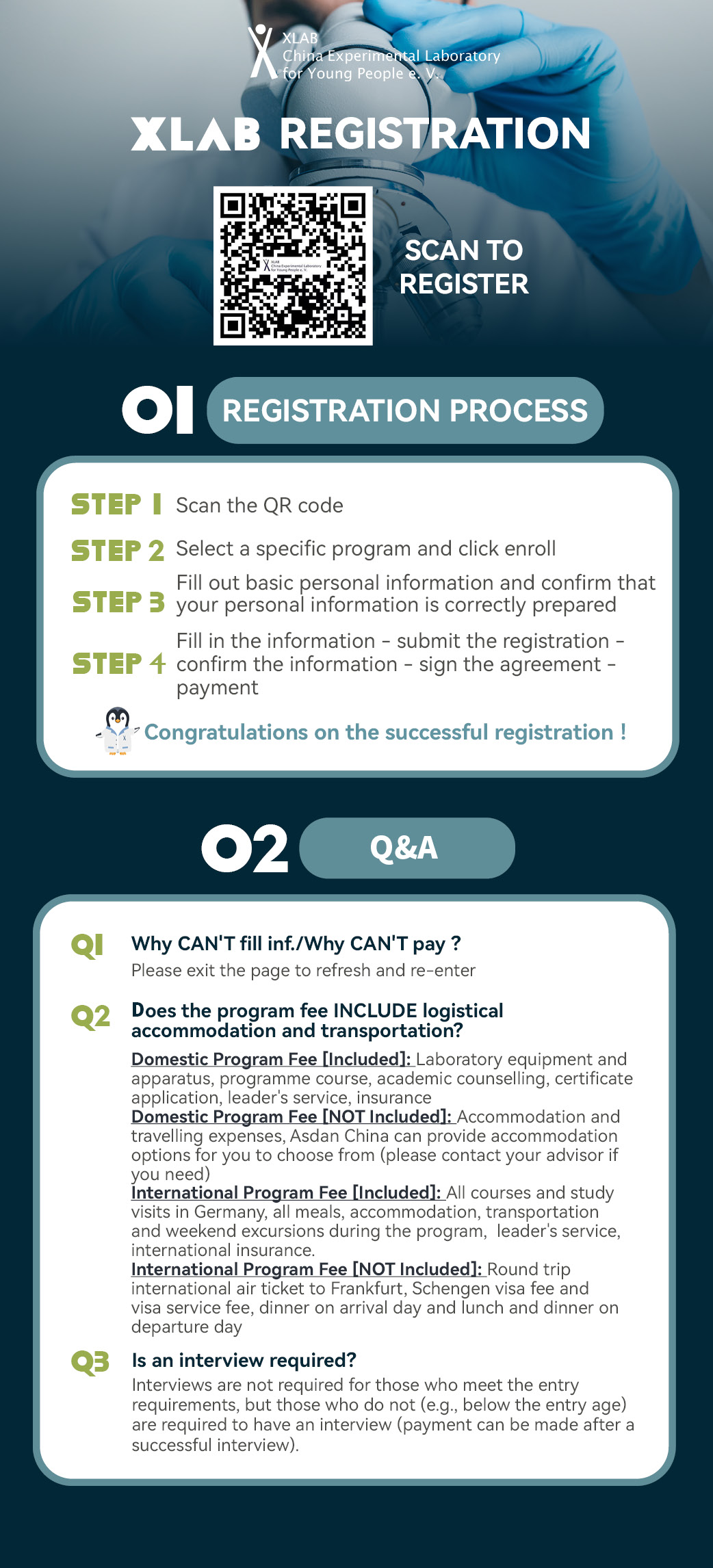Preparation and Evaluation of Polysaccharide Conjugate Vaccine
 Beijing
Beijing
Date: Jul.23rd, 2025 - Jul.27th, 2025
Subjects: Biomedicine, Biology, Medicine, Chemical Engineering, Vaccine Engineering
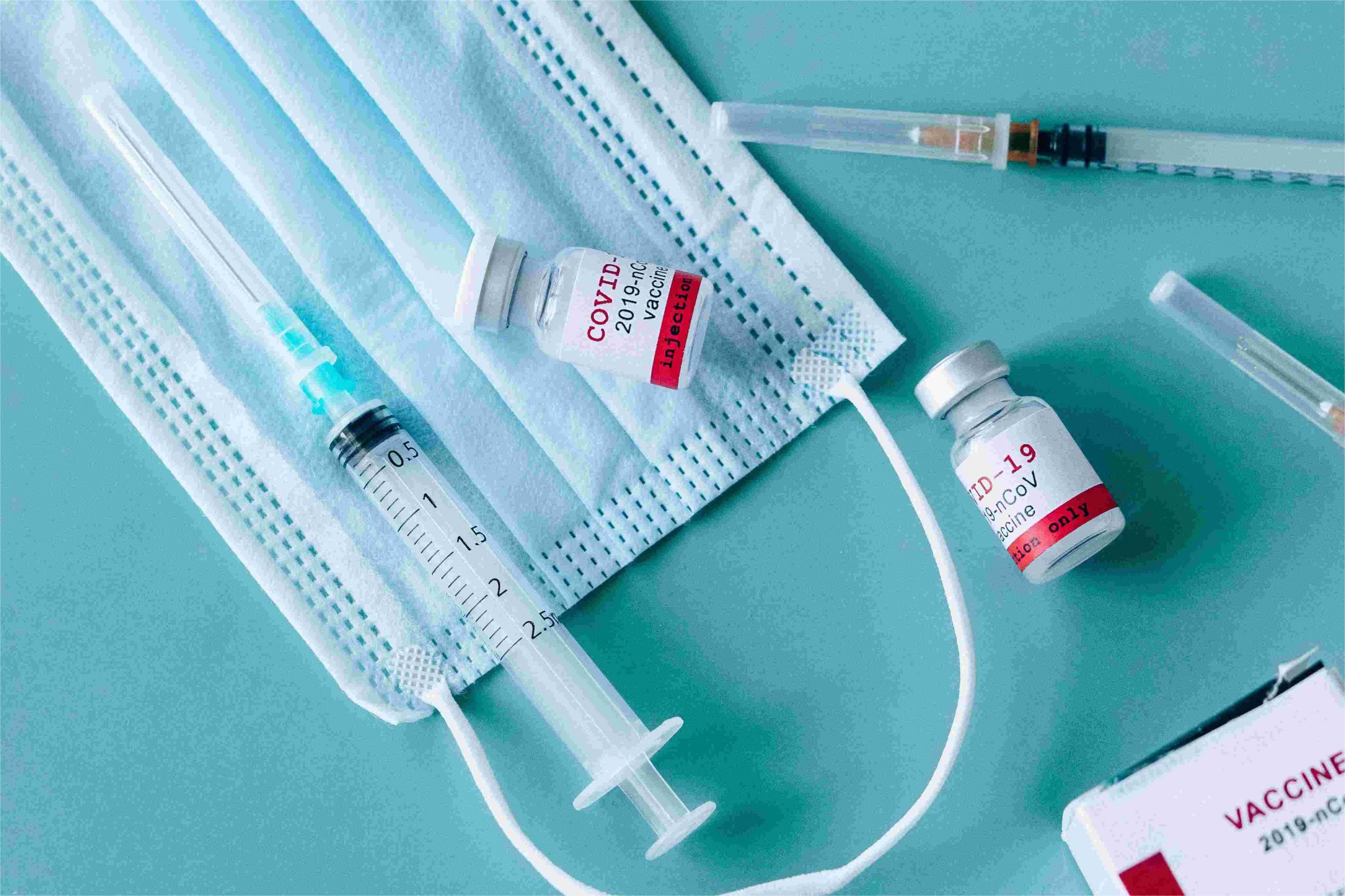
Using the 2022 Nobel Prize technique of "Click chemistry" to covalently bind polysaccharide conjugation to carrier proteins with adjuvant T-cell antigenic epitopes, this polysaccharide-conjugated vaccine will greatly improve the immunological properties of the polysaccharide and provide effective protection for infants and children.
The program invites experts in vaccine development from national research institutesto take students into the front-line key laboratories to learn the basics of polysaccharide-conjugated vaccine preparation, characterization and evaluation, and to operate advanced laboratory equipment.
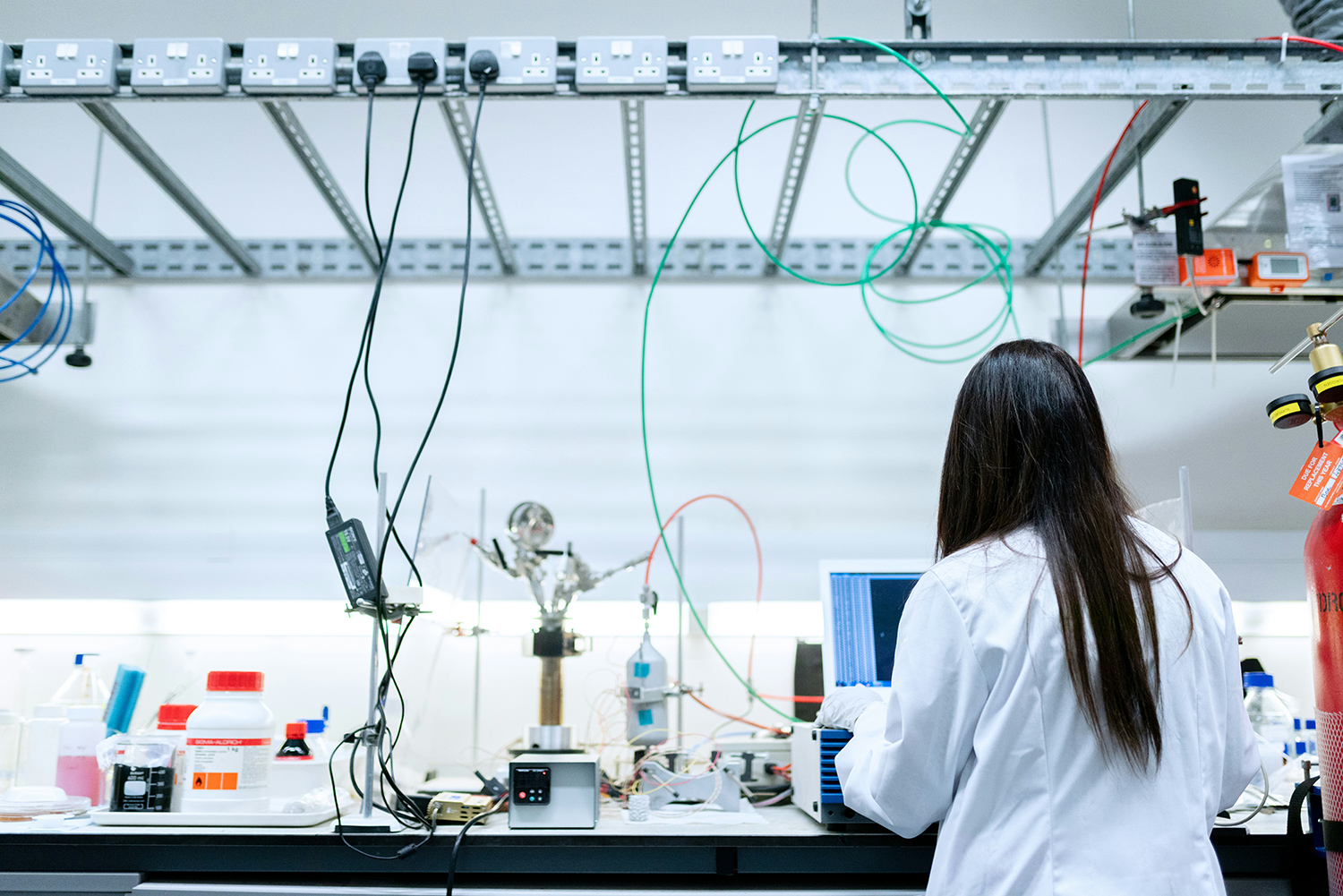
Teaching Faculty
Experts in Vaccine development from national research institutes are specially invited.
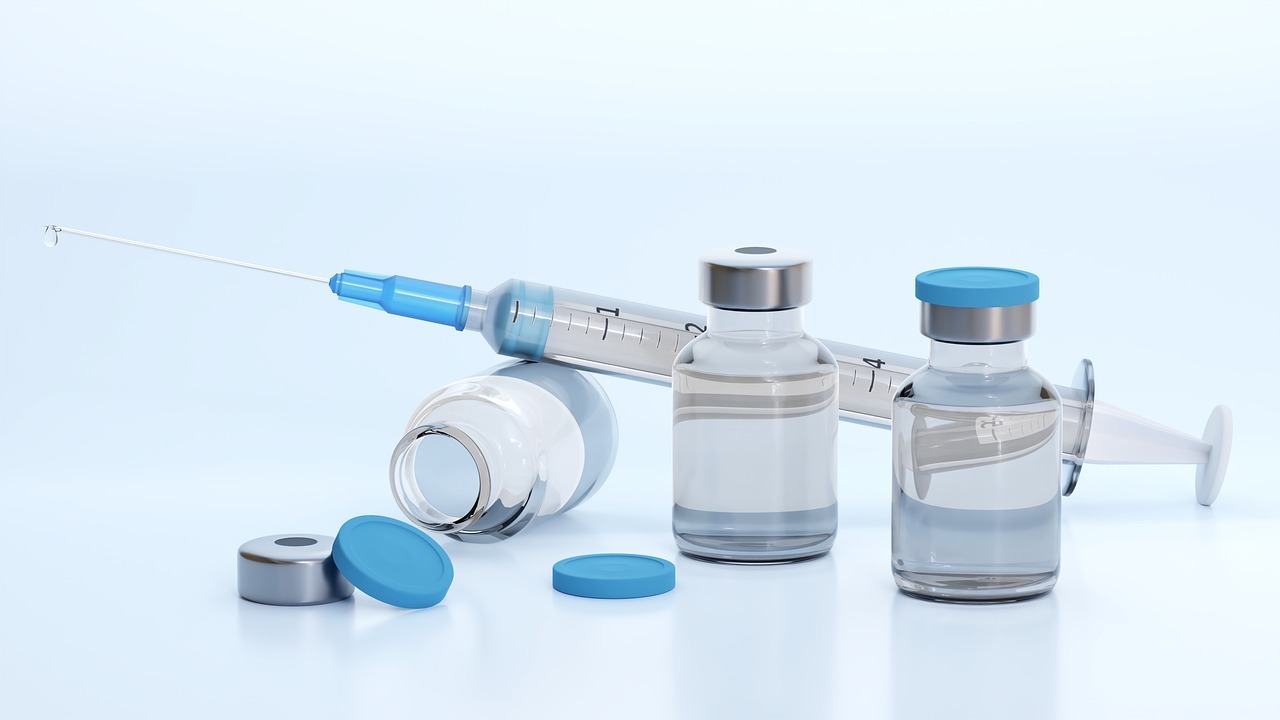
Cutting-edge Topics
Systematically learn the relevant theories of modern vaccines and the principles of click chemistry of the Nobel Prize in 2022.

Real Lab Practice
Preparation of polysaccharide conjugate vaccine combined with click chemistry, vaccination safety testing by Elisa reaction.
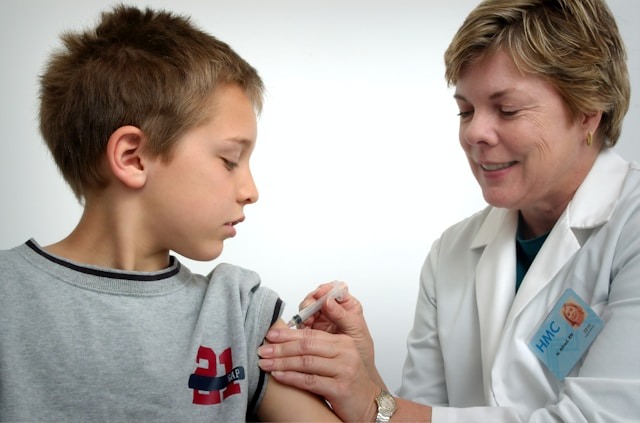
Outcome Application
Research outcomes for efficient improvement of the vaccination safety of infants and children.
Main Experiments
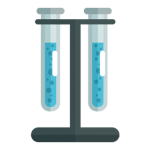
Protein Purification Chromatography
SDS-PAGE Electrophoresis

Elisa Experiment
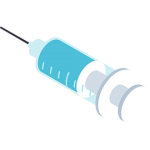
Conjugation of Carrier Protein with Polysaccharide Chemistry
Protein Purification Chromatography
SDS-PAGE Electrophoresis
Elisa Experiment
Conjugation of Carrier Protein with Polysaccharide Chemistry
Certificates
).png)
CERTIFICATE OF ASDAN SCIENCE
ASDAN SCIENCE SHORT COURSES CREDIT ACCREDITED BY UCAS
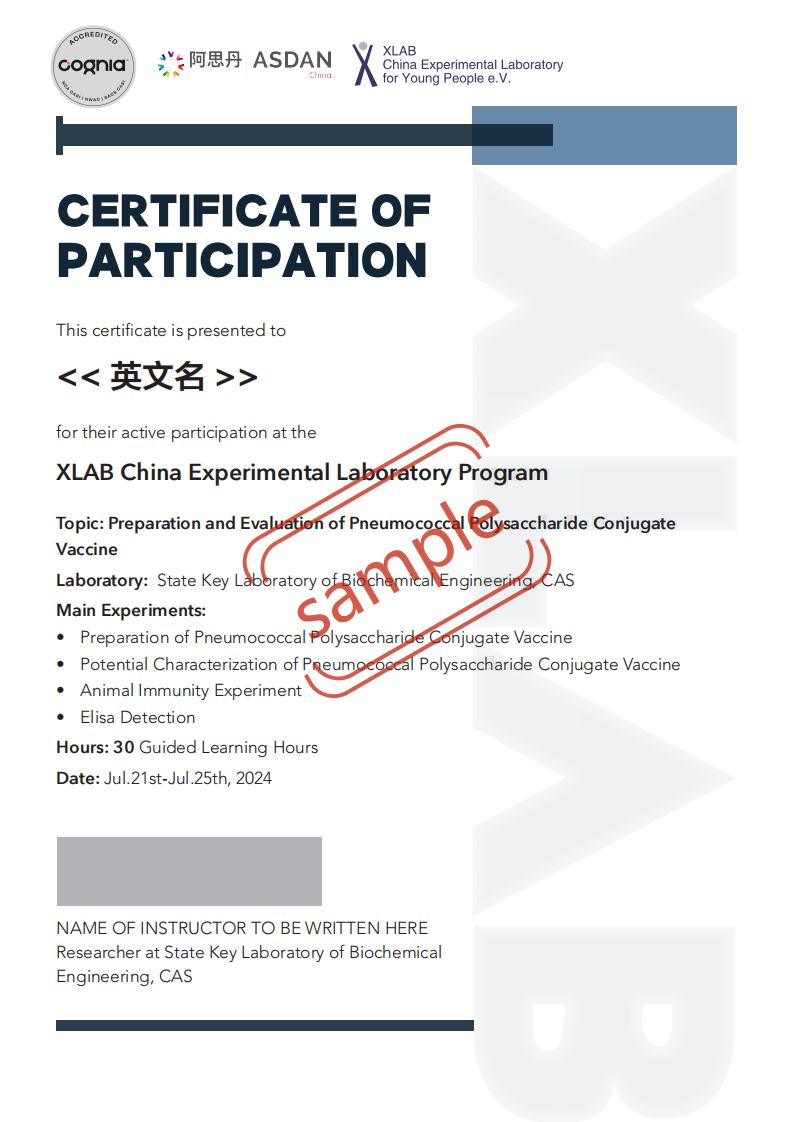
CERTIFICATE OF COMPLETION ISSUED BY XLAB CHINA

Feedbacks
-
 I mastered the practical operation of various laboratory instruments, which I had only seen in textbooks. What impressed me the most was using the pipette to dilute serum. Each time before pushing the pipette, it was crucial to stay focused and think quickly to avoid mistakes. Our group nearly had to start over in this experiment due to an error, but we didn't get discouraged and finally found a way to fix it.
I mastered the practical operation of various laboratory instruments, which I had only seen in textbooks. What impressed me the most was using the pipette to dilute serum. Each time before pushing the pipette, it was crucial to stay focused and think quickly to avoid mistakes. Our group nearly had to start over in this experiment due to an error, but we didn't get discouraged and finally found a way to fix it.
Through this program, I confirmed the professional direction I want to pursue and strengthened my resolve to delve deeper into this field. I hope that in the future, I can lead my country and all of humanity toward a brighter future.—— Zhengzhou No. 1&8 United International School, Student Li

-
 My main takeaway from this program is the laboratory experiments, which are the most valuable and far more efficient than other components. Here, I could broaden my horizons, understand the operational processes of professional laboratories, and use specialized equipment for professional experiments. Moreover, this program focused on a fascinating topic, so laboratory work is my favorite aspect of the program.
My main takeaway from this program is the laboratory experiments, which are the most valuable and far more efficient than other components. Here, I could broaden my horizons, understand the operational processes of professional laboratories, and use specialized equipment for professional experiments. Moreover, this program focused on a fascinating topic, so laboratory work is my favorite aspect of the program.—— Shanghai High School International Division(High School), Student Ding

-
 This program combined theory with practice, allowing us to explore new horizons in chemistry and encounter more novel concepts. The experiments reinforced our textbook knowledge and enhanced our practical skills and ability to link theory with practice. The hands-on experience during the experiments deepened our understanding and application of the concepts.
This program combined theory with practice, allowing us to explore new horizons in chemistry and encounter more novel concepts. The experiments reinforced our textbook knowledge and enhanced our practical skills and ability to link theory with practice. The hands-on experience during the experiments deepened our understanding and application of the concepts.
The experiment on Type I Pneumococcal Polysaccharide Capsule Oxidation gave me the most significant rewards, including valuable experience and skills in laboratory procedures, friendships, and a deeper understanding of the importance of teamwork that enabled us to accomplish tasks better, share information and resources, and learn from each other, thereby improving overall work efficiency and quality.——Chengdu Foreign Languages School, Student Liu

Photo Gallery
Why Us
History
XLAB has a 20+ year history. It was initiated by Professor Neher of the University of Göttingen in Germany and strongly supported by the German government and the University of Göttingen. XLAB, centered around high-end scientific experiments, is widely favored by over 10,000 students yearly. XLAB has established practice centers worldwide, aiming to expand this unique concept and teaching method to reach more students.
XLAB aims to enable more people to learn and experience the joy of science, encouraging them to explore the mysteries of science and consider how to use science to solve human problems. Therefore, XALB's subjects are generally more complex in physics, biology, or medicine. Instead, they focus more on interdisciplinary, cutting-edge topics such as genetic engineering, medical research, nanobiology, medical chemistry, high-energy physics, and more.
Subject
Experiment
Experiments are the core of the XLAB. Each participant can enter advanced laboratories to conduct safe experiments, analyze data, and write experiment reports. Over six hours of scientific research daily enhances students' scientific knowledge and logical thinking and cultivates concentration and endurance. Students will be able to experience the work content and status firsthand and consider whether to choose a research direction in future education.
The courses in XLAB are unique. They consist of four key modules: Subject Introduction and Program Thinking, Scientific Research Teaching, Laboratory Operations, Experimental Data Analysis, and Research Report Writing. All courses are taught in small groups of 10 to 25 students.
Course
Faculty
Experts are invited to design experiments and teach students since the topics and content of XLAB exceed the curriculum of high schools and are specialized in specific research areas. Relevant scientific research institutions support XLAB China and provide an in-depth academic experience for Chinese students based on its unique teaching methods and experimental requirements.
Two authoritative certificates are available: the XLAB Program Certificate of Participation, which details the experimental content and is signed by instructors. Students will complete an academic report containing experimental results and data analysis to apply for the ASDAN "Science Award" Certificate for 30 credit hours of study officially accredited by UCAS.
Certificate
Research
XALB provides invaluable research scenarios for students who plan or are currently engaged in natural science research-oriented learning, such as EPQ or scientific papers, to implement their research plans and participate in hands-on scientific research. Experimental reports can be considered as part of their research achievements.

